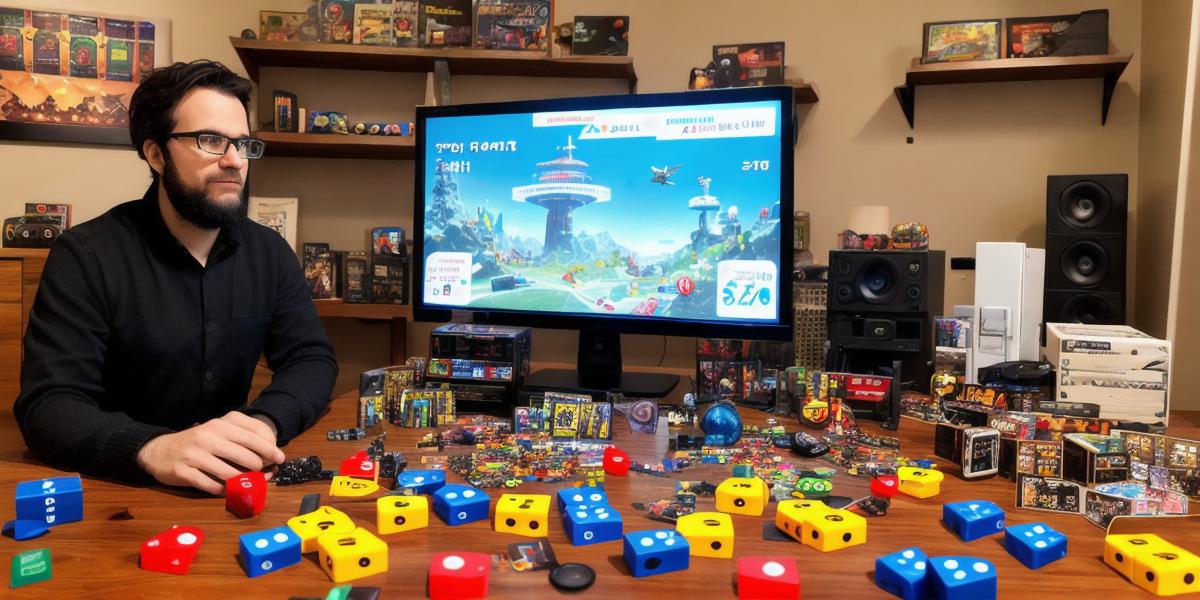
Game development is a complex process that requires creativity, technical skills, and a deep understanding of both game mechanics and player psychology. It involves multiple stages, including conceptualization, prototyping, design, programming, testing, and release. Each stage requires careful planning, execution, and iteration to create a polished and engaging game experience.
Conceptualization involves brainstorming ideas for the game’s setting, characters, storyline, and mechanics. This stage is all about creating a clear vision for the game that resonates with the target audience. Prototyping involves creating a basic version of the game to test and refine its mechanics and design. This stage helps developers identify any potential issues early in the development process and make adjustments as needed.
Design involves creating detailed plans for the game’s art, sound, and gameplay. This stage requires a deep understanding of player psychology and how to create an immersive and engaging game experience. Programming involves writing code to bring the game’s design and mechanics to life. This stage requires technical skills and attention to detail, as even small errors can lead to significant problems in the game.
Testing involves finding and fixing bugs, improving performance, and ensuring that the game is fun and engaging for players. This stage requires a combination of technical skills and player testing to ensure that the game meets the needs and expectations of its target audience. Release involves marketing, distributing, and maintaining the game after it’s available to the public.
The Future of Game Development
Game development is constantly evolving as new technologies and platforms emerge. Mobile gaming has become increasingly popular in recent years, with games like Angry Birds and Pokemon Go becoming cultural phenomena. eSports has also grown rapidly, with professional gamers competing in organized tournaments for significant prizes.
Virtual reality (VR) and augmented reality (AR) are two emerging technologies that are expected to have a significant impact on game development in the coming years. VR technology allows players to fully immerse themselves in a game’s world, while AR technology overlays digital information onto the real world, creating a unique gameplay experience.
Artificial intelligence (AI) is another area of game development that is expected to see significant advances in the near future. AI can be used to create more intelligent and responsive non-player characters (NPCs), as well as to improve the game’s overall difficulty and challenge level.
Conclusion
The gaming industry is constantly evolving, with new technologies and platforms emerging all the time. Game development requires a combination of creativity, technical skills, and a deep understanding of both game mechanics and player psychology. The top 2K game developers in the industry stand out for their consistent delivery of high-quality games, their ability to adapt to changing trends and technologies in gaming, and their strong focus on innovation. Aspiring game developers can make their mark in the industry by investing in their education, gaining experience, taking risks, networking, and staying up to date on the latest trends and technologies in gaming.
